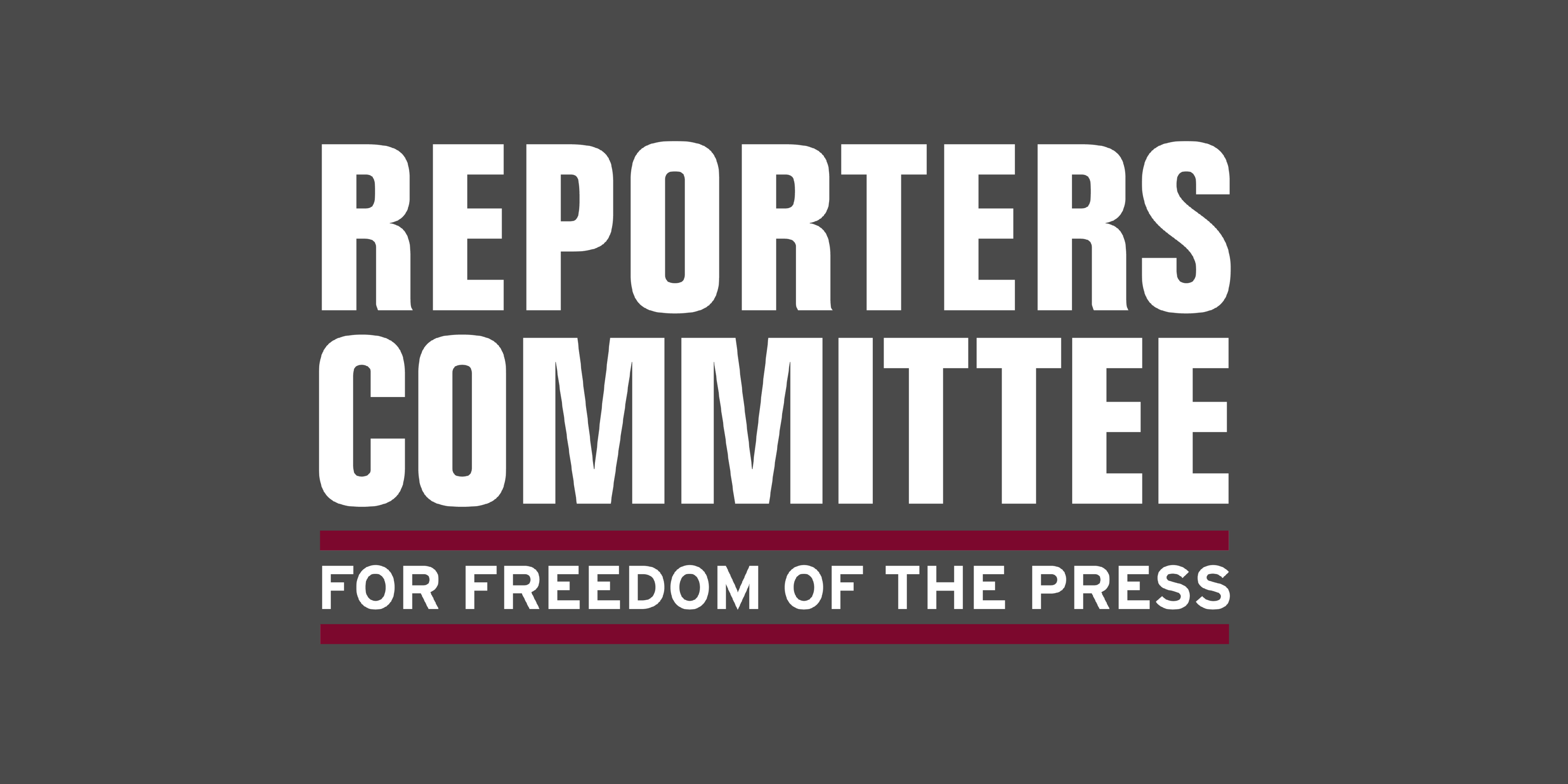New Jersey Supreme Court says attorney general has authority to publish reports about police officer misconduct

New Jersey law enforcement agencies must begin publishing annual reports identifying officers who faced major disciplinary action and describing the nature of their misconduct, according to a New Jersey Supreme Court ruling.
The state Supreme Court’s ruling, issued on June 7, unanimously affirmed an appeals court decision holding that the New Jersey attorney general was acting within his authority when he issued two directives last summer in response to the murder of George Floyd and nationwide Black Lives Matter protests calling for more police accountability and transparency.
The first directive requires the state’s law enforcement agencies to publish all complaints in which officers face major disciplinary action such as termination, demotion or a suspension of more than five days. It also requires the agencies to include the officers’ names, nature of the misconduct and the sanction imposed. Issued a few days later, the second directive requires law enforcement agencies to release similar information regarding officer misconduct cases dating back to January 2000.
Seven unions and organizations representing law enforcement officers challenged the directives in court, arguing, in part, that the benefits of publicizing the complaints do not outweigh the costs to officer privacy. After the New Jersey appeals court sided with the attorney general, the officer unions appealed to the New Jersey Supreme Court.
The Reporters Committee filed a friend-of-the-court brief last December urging the state Supreme Court to affirm the lower court’s decision. The brief argued that releasing the names of law enforcement officers sanctioned for serious disciplinary violations allows the news media to inform the public about the performance of public employees. It also argued that New Jersey’s Open Public Records Act does not prohibit the attorney general from issuing the directives.
In its opinion, the New Jersey Supreme Court held that the attorney general had the authority to issue the directives and that they were consistent with legislative intent. The Supreme Court said the directives “are designed to enhance public trust and confidence in law enforcement, to deter misconduct, to improve transparency and accountability in the disciplinary process, and to identify repeat offenders who may try to move from one sensitive position to another.”
However, the Supreme Court left one issue to be resolved by a judge in the superior court: whether the attorney general can order the release of misconduct information pre-dating the issuance of the directives. Officers had argued that the state promised that their information would be kept confidential and that they had relied on that promise when resolving disciplinary accusations. The Supreme Court ruled that a judge would need to hear testimony to determine whether the state’s promise of confidentiality should be enforced for officer disciplinary matters that were settled before the attorney general issued the directives in June 2020.
“The ruling is a huge victory for transparency,” said Gunita Singh, the Reporters Committee’s Jack Nelson/Dow Jones Foundation legal fellow. “We are pleased that the New Jersey Supreme Court recognized the logical link between the attorney general’s directives and the critical goals of deterring misconduct, cultivating accountability, and building trust between individuals and their institutions.”
The Reporters Committee regularly files friend-of-the-court briefs and its attorneys represent journalists and news organizations pro bono in court cases that involve First Amendment freedoms, the newsgathering rights of journalists and access to public information. Stay up-to-date on our work by signing up for our monthly newsletter and following us on Twitter or Instagram.